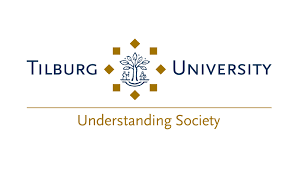Auteur(s)
K. Ivanova; M. KalmijnSamenvatting Publicatie
We examined a possible predictor of (step)parent–adult child closeness in adulthood, namely, the frequency of parental involvement in different child-rearing tasks during youth. We expected that although involvement in children’s lives would be important for the strength of all intergenerational ties, it would be particularly important for stepparents’ closeness with their adult stepchildren. We used the Parents and Children in The Netherlands survey to test our hypotheses. Our analytical sample consisted of the reports of adults (25– 45 years old; n 5,107) about how frequently different types of parents engaged with them in activities related to school, leisure, and personal communication (including reports about 1,361 stepmothers and 1,489 stepfathers). Our results clearly demonstrate that an increase in the frequency of performing a task was associated with more closeness during adulthood, but this effect was significantly stronger in stepparent– child compared to biological parent– child ties. We interpret this finding as stepparents having to “earn” or more explicitly demonstrate their desire for closeness to stepchildren. An interesting gender difference emerged in the position of divorced biological parents, with adult children’s closeness to divorced biological fathers also being more contingent on parental involvement, whereas that was not unequivocally the case for divorced biological mothers. Keywords: child rearing, intergenerational solidarity, parental involvement, parent– child closeness, stepparents.

| Organisatie | Array |
| Categorie |
Artikel
|
| Publicatiejaar | 2020 |
| Taal | Engels |

